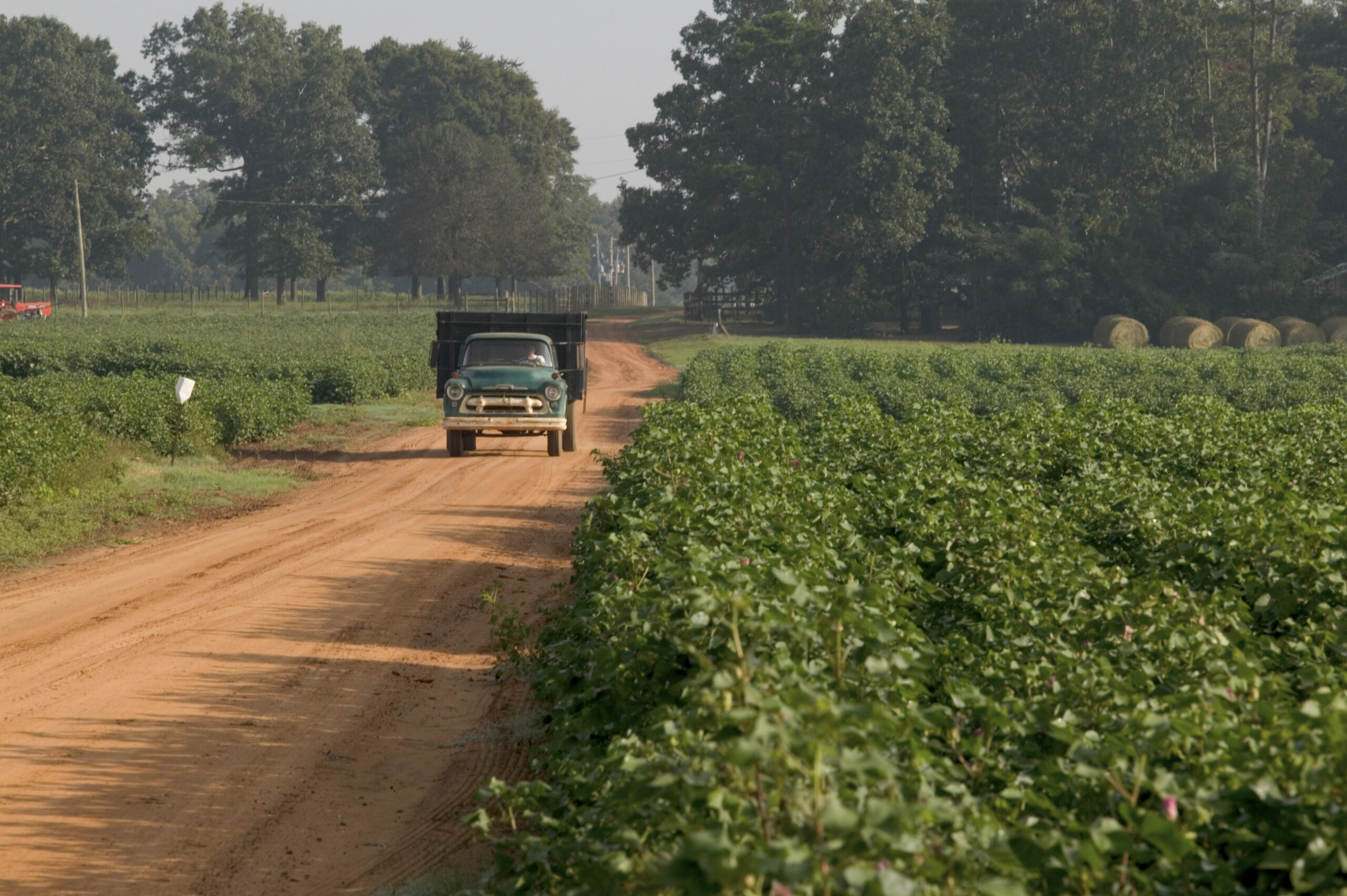UGA Researchers develop tool to address, quantify farmers’ barriers to care
Farming is a demanding job, and mental health challenges often go unspoken in the community. To better understand these issues, researchers from the University of Georgia College of Public Health have developed a new survey tool to understand farmers’ barriers to physical and mental health care and identify ways to improve access.
Past research involved interviews with farmers, gathering qualitative data about and reasons for seeking or avoiding care. However, this approach has limitations, including the time required to collect and analyze data and a lower ability to generalize results.
To address these limitations, researchers developed the Agricultural Producer Barriers to Care Scale, a brief, online survey designed to capture data on formal health care challenges, cultural barriers to help-seeking, stigma and resilience. An analysis of this survey’s internal consistency and validity, published in The Journal of Rural Health, found it to be a promising tool for future research.

Noah Hopkins
“We wanted to create a tool that would be able to be administered broadly and a little more passively than conducting interviews so that we could get greater generalizability from our findings,” said lead author and doctoral student Noah Hopkins, meaning that data gleaned from this survey can highlight trends across populations and regions, aiding in the development of intervention tools and improved access to care.
APBCS stands out from other survey tools by addressing structural challenges, like geographic isolation from health care resources and concerns about the cost of care alongside social and cultural barriers like stigma and feeling misunderstood by health care providers. And while its foundations are in knowledge gained from hour-long sit-down interviews, the survey tool only takes about 10-12 minutes, making it more accessible for working farmers.

Christina Proctor, Ph.D.
“It was important for us to make sure that the scale was not some daunting instrument that the farmers had to take time to sit down and do,” said co-author and clinical associate professor Christina Proctor. “We had to make sure that it was concise and that it was asking the right questions.”
This is why formative qualitative interviews with farmers were so important, Hopkins said. Their testimonies helped researchers develop questions that related to farmers’ lived experiences and took into account concerns about stigma. The survey is accessible via mobile devices and can be distributed using a link or QR code. These measures help encourage participation and make it more convenient to share with farmers and preserves the anonymity of respondents, a key consideration given the prioritization of privacy in the farming community.
“Farmers can complete it while in the field, if they’re on a tractor or something like that,” Hopkins said.
More than 1,000 farmers completed the online survey, and researchers then analyzed results, the factors associated with barriers to care and tested the reliability of each factor. They found that the survey had high internal consistency, meaning questions fit well together, as well as construct validity, meaning it accurately measures what it is intended to measure.
A key insight in the study highlighted the complex relationship between resilience and stigma in farming communities, something researchers hope to better understand as they refine the survey.
Ultimately, the study identified APBCS as a valuable tool for future research. By providing quantitative data and a more generalizable approach, the survey can help compare barriers to care across regions and populations, leading to the development of more effective interventions.
“I hope this tool proves that large-scale data collection in farming is doable,” Hopkins said. “It’s a step toward real change.”
By Erica Techo






